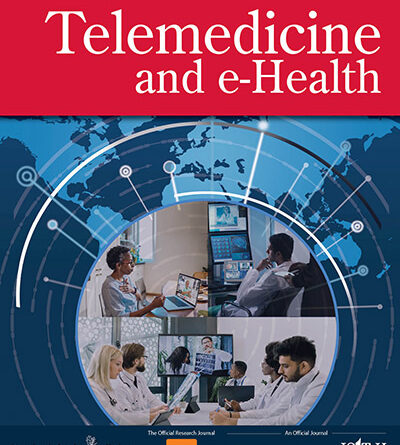Shared Decision Making and Trust Matter: Patient’s Use of Video Consultations and a Remote Medical Device in Primary Care
Background: There is growing interest in the incorporation of video consultations in primary care. Remote medical devices used for remote physical examinations are a new complementary addition to these consultations and may increase their effectiveness. This study examines a social behavioral-technological model by the factors predicting the acceptance of video consultation with or without a technological medical device, their perceived ease of use (PEU), and their perceived usefulness (PU), as well as social behavioral factors: trust and shared decision making.
Methods: We conducted an online survey among patients who had visited a physician during 2021 and had the option to receive video consultations with or without remote medical devices. Structural equation modeling was applied to assess the proposed model of predicting the extent of future telemedicine use.
Results: Among the 1,198 patient responders, the intention to use telemedicine video consultation had a significant positive association with trust, shared decision making, PEU, and PU and with high socioeconomic constructs. The intention to use telemedicine video consultation with a medical device had a significant positive association with shared decision making, PEU, and PU. The statistical results suggest a good fit with the proposed models.
Conclusions: The proposed social behavioral-technological model demonstrated that to successfully adopt video consultations and new remote medical devices in primary care, there is a need for trust and shared decision making to be established in patient–physician relationships.


